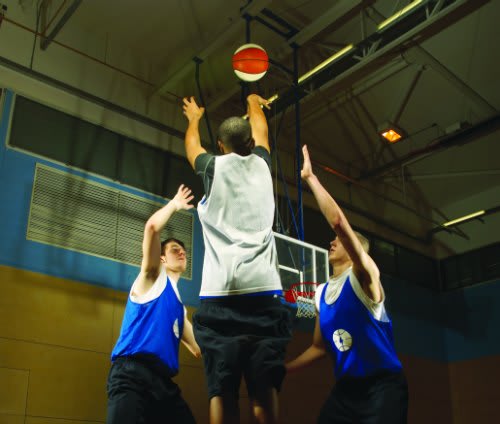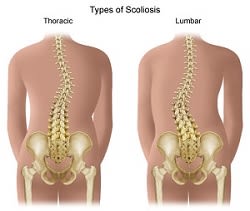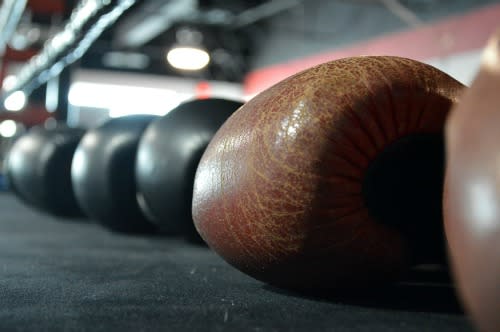Growing up, thousands of kids dream of playing college sports; however, few are aware of the commitment and lifestyle required of a collegiate athlete. Being a student-athlete is a full-time job and, in addition to a demanding academic schedule, students are subjected to a high level of preparation and training that they may not be prepared for. In addition to choosing a college or university with academic and athletic programs that meet needs and desires, aspiring student-athletes should be mindful of a number of responsibilities that are part of being a member of a college sports team.
College sports require many hours of practice, conditioning and meetings. In fact, some players can commit up to 40 hours a week, including matches/games and travel time, to their team – the same number of hours as a full-time job. While any sport will require a strong commitment, students can choose among three different program levels:
- Division 1 is the most competitive, has the highest profile and offers athletic scholarships.
- Division 2 is the second tier, with an above-average level of competition, and a somewhat lower profile and scholarship opportunities.
- Division 3 is made up mostly of smaller colleges, which range from division powerhouses to no-cut teams. Division 3 schools offer financial aid and academic scholarships, but do not offer athletic scholarships.
Student athletes are also required to meet a certain grade point average to maintain eligibility to play. It is important for athletes to realize that their time is not necessarily their own as students (especially those who are on a scholarship) are required to perform well on the field and in the classroom. Excellent time management skills are crucial for students to meet increased and constant demands on their time.
Good overall health is of extreme importance since student athletes are expected to be well-rested, physically healthy and mentally prepared for practice and academic studies. In order to perform well, students need to get enough sleep, ideally eight hours a night, and maintain a healthy diet. For many students, college life will be much different than living at home, in that parents or guardians no longer organize meal times or monitor sleep patterns. It is easy to get caught up in the freedom of college life, which can result in poor health choices and habits. Lack of rest and recovery time will cause a decline in performance and students will be noticeably fatigued. Healthy eating and sleeping patterns are also crucial for athletes to recover quickly from injuries.
One of the most important aspects to a successful college career, both athletically and academically, is having a strong support system. Student-athletes can travel far distances to attend school, and may not always have the time or the means of going home during scheduled breaks and holidays. Often, being part of a team gives students another “family,” as each member is making the same sacrifices and adhering to the same schedule. Other individuals that can provide support include coaches, professors, trainers and other athletic personnel.
Becoming a college athlete can be difficult and time-consuming, but there are many rewarding benefits. Being together for many hours a day allows team members to cultivate a strong bond with one another and help build friendships for life. Student-athletes also develop a number of personal traits, including responsibility, commitment, loyalty, good time management skills and teamwork. Further, the benefits of collegiate athletics may extend beyond the four years spent in school. Relationships cultivated during college can lead to post-college job placements and networking opportunities.
Featured Expert/ Author






















